Canada did not fight in the Vietnam War and diplomatically it was "officially non-belligerent". The country's troop deployments to Vietnam were limited to a small number of national forces in 1973 to help enforce the Paris Peace Accords. Nevertheless, the war had considerable effects on Canada, while Canada and Canadians affected the war, in return.
At the start of the Vietnam War, Canada was a member of the International Control Commission (ICC) overseeing the implementation of the Geneva Agreements, and thus attempted to maintain an air of neutrality. However, the Canadian negotiators were strongly on the side of the Americans. One representative (Blair Seaborn, younger brother of Robert Seaborn) was even involved in secretly exchanging messages between the U.S. and North Vietnam on behalf of the Americans, with the approval of the Canadian government. Canada also sent foreign aid to South Vietnam, which, while humanitarian, was directed by the Americans. Canada tried to mediate between the warring countries, aiming for a conclusion that could allow the U.S. to leave the conflict honorably, but also publicly (if mildly) criticized American war methods.[citation needed]
Meanwhile, Canadian industry exported military supplies and raw materials useful in their manufacture, including ammunition, napalm and Agent Orange, to the United States, as trade between the two countries carried on unhindered.
"500 firms sold $2.5 billion of war materials (ammunition, napalm, aircraft engines and explosives) to the Pentagon. Another $10 billion in food, beverages, berets and boots for the troops was exported to the U.S., as well as nickel, copper, lead, brass and oil for shell casings, wiring, plate armour and military transport. In Canada unemployment fell to record low levels of 3.9%"
Although these exports were sales by Canadian companies, not gifts from the Canadian government, they benefited the American war effort nonetheless. The first official response to the economic support being given to the United States military from the government was by Lester B. Pearson on March 10, 1967 that the embargo of goods to their southern ally was "necessary and logical" due to the extreme integration of both economies and in doing so would also be a notice of withdrawal from North American defense arrangements.
As the war escalated, relations between Canada and the United States deteriorated. On April 2, 1965, Pearson gave a speech at Temple University in the United States which, in the context of firm support for U.S. policy, called for a pause in the bombing of North Vietnam. In a perhaps apocryphal story, when a furious President Lyndon B. Johnson met with Pearson the next day, he grabbed the much smaller Canadian by his lapels and talked angrily with him for an hour. After this incident, the two men somehow found ways to resolve their differences over the war—in fact, they both had further contacts, including meeting together in Canada two times afterward.
 Fallen
Fallen

